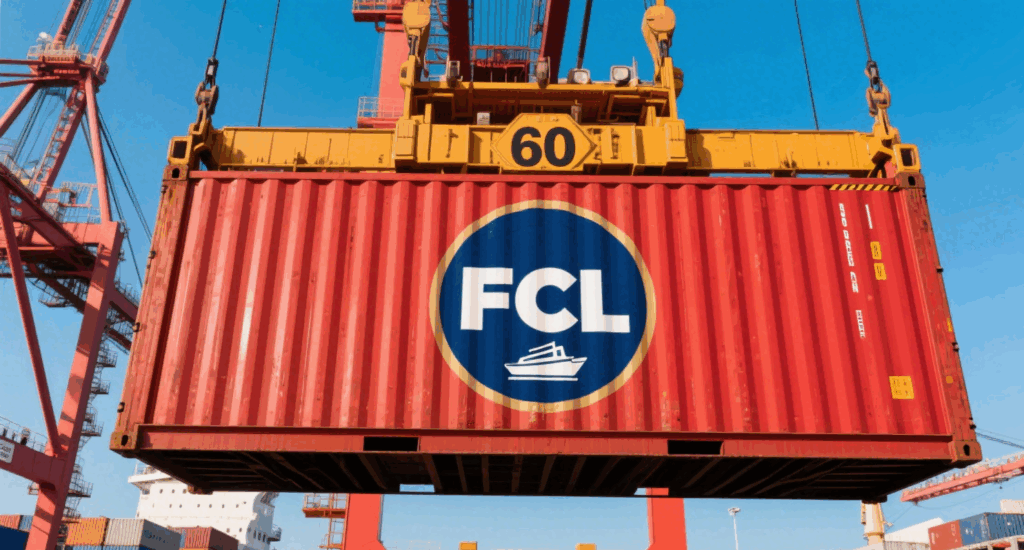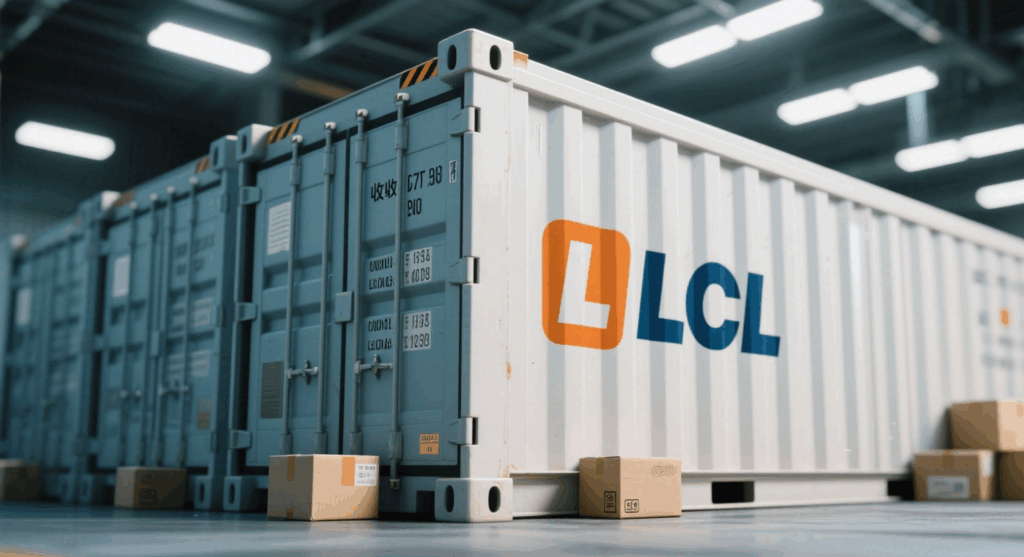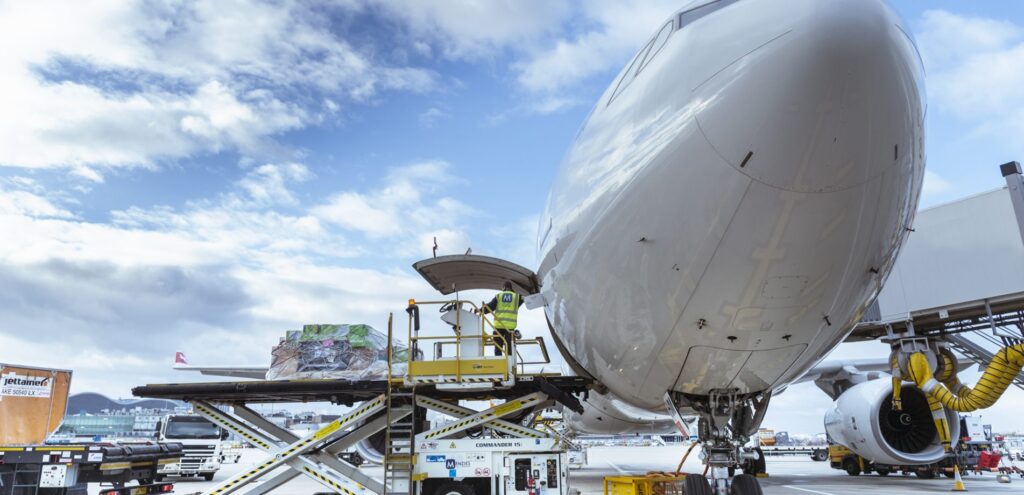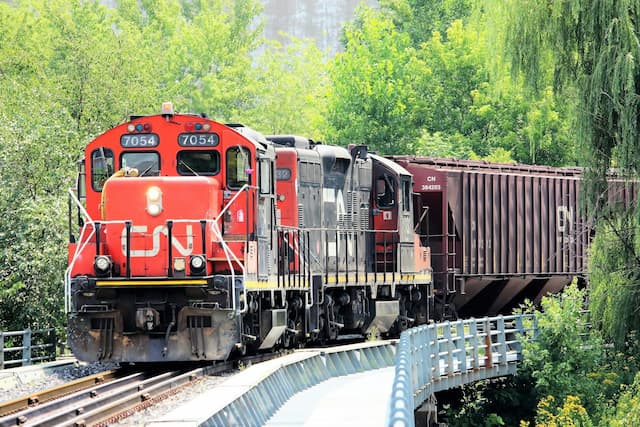Finding the best FCL shipping from Shenzhen to Spain is essential for businesses seeking cost efficiency, reliability, and timely delivery. With increasing trade volume between China and Spain, selecting a professional freight partner helps ensure smooth operations, predictable schedules, and minimized customs delays.
What Is FCL Shipping from Shenzhen to Spain?
FCL (Full Container Load) shipping means a single shipper occupies an entire container, ensuring cargo integrity and faster delivery. It is ideal for bulk shipments, large volumes, or high-value goods that require secure transport from Shenzhen to Spanish ports such as Valencia, Barcelona, or Algeciras.
| Container Type | Capacity (CBM) | Typical Use | Best For |
|---|---|---|---|
| 20ft Container | 28–30 | Smaller bulk shipments | Medium businesses |
| 40ft Container | 58–60 | Large goods or mixed products | Exporters & distributors |
| 40ft HQ Container | 68–70 | Light yet voluminous cargo | E-commerce & consumer goods |
Moreover, FCL offers better control, less handling, and fewer risks of contamination or damage compared to LCL (Less than Container Load) shipping.
Why Choose the Best FCL Shipping from Shenzhen to Spain?
Opting for the best FCL shipping from Shenzhen to Spain ensures maximum efficiency in cost and time. Shenzhen, being one of China’s busiest ports, offers multiple sailing schedules weekly to major Spanish destinations.
Key Advantages:
- Lower cost per unit: Economical for large-volume shipments.
- Shorter handling time: Fewer touchpoints reduce delays.
- Enhanced security: Containers remain sealed from origin to destination.
- Consistent delivery: Predictable transit for supply chain reliability.
Additionally, professional freight companies offer digital tracking, transparent pricing, and customs clearance assistance, helping importers stay compliant and informed throughout the journey.
How Long Does FCL Shipping Take from Shenzhen to Spain?
Transit time varies based on the port of arrival, weather conditions, and route schedules. Typically, sea freight from Shenzhen to Spain takes between 28–38 days port-to-port.
| Route | Shipping Line | Transit Time (Days) | Frequency |
|---|---|---|---|
| Shenzhen → Valencia | COSCO / MSC | 28–32 | Weekly |
| Shenzhen → Barcelona | Maersk / CMA CGM | 30–35 | Weekly |
| Shenzhen → Algeciras | Evergreen / Hapag-Lloyd | 35–38 | Weekly |
However, during peak seasons, customs clearance or port congestion can extend delivery times by several days. Therefore, proper planning and early booking are highly recommended.
What Are the FCL Shipping Costs from Shenzhen to Spain?
Costs depend on container size, cargo type, incoterms, and seasonal rate fluctuations. On average, a 20ft container costs $1,100–$1,400, while a 40ft HQ container costs $1,800–$2,300 from Shenzhen to Spain.
| Container Size | Estimated Cost (USD) | Transit Time (Days) | Remarks |
|---|---|---|---|
| 20ft | 1,100–1,400 | 28–32 | Best for smaller bulk |
| 40ft | 1,600–2,000 | 30–35 | Ideal for mixed goods |
| 40ft HQ | 1,800–2,300 | 32–38 | For lightweight goods |
Furthermore, additional charges may apply for port handling, customs inspection, or delivery to inland destinations in Spain.
How to Handle Customs Clearance for FCL Shipping to Spain?
Customs procedures are critical in ensuring smooth delivery. A reliable freight forwarder manages export documentation, tariff classification, and import duties under Spanish and EU regulations.
Required Documents:
| Document | Purpose |
|---|---|
| Bill of Lading (B/L) | Proof of shipment and ownership |
| Commercial Invoice | Declares shipment value |
| Packing List | Lists goods and weight |
| Certificate of Origin | Determines applicable tariffs |
| Import License (if applicable) | Required for restricted goods |
Additionally, electronic submission through EU’s Import Control System (ICS) helps expedite clearance and minimize demurrage costs.
Real-World Case Studies: Shenzhen to Spain FCL Success
Case 1: Electronics Shipment to Barcelona
Goods: Laptops and peripherals
Container: 40ft HQ
Transit Mode: Sea freight via Maersk
Transit Time: 31 days
Cost: $2,050
Outcome: Delivered on schedule, customs cleared within 24 hours
Case 2: Furniture Shipment to Valencia
Goods: Wooden furniture sets (FCL 40ft)
Transit Time: 30 days
Cost: $1,850
Mode: COSCO direct route
Result: Smooth transport with minimal handling, 3% lower total logistics cost
Comparison: FCL vs. Other Shipping Methods
| Method | Cost Efficiency | Transit Time | Security | Best For |
|---|---|---|---|---|
| FCL | High for large volumes | 28–38 days | Excellent | Bulk cargo |
| LCL | Moderate | 35–45 days | Good | Small shipments |
| Air Freight | Expensive | 5–7 days | Excellent | Urgent goods |
| Rail Freight | Moderate | 20–25 days | Good | Time-sensitive freight |
Clearly, FCL shipping remains the most balanced choice for bulk exports where cost efficiency and reliability are top priorities.
How to Choose the Best Freight Forwarder in Shenzhen
Choosing the right logistics partner can make or break your shipping efficiency. Look for:
- Proven experience in China–EU trade routes
- Comprehensive door-to-door solutions
- Transparent quotations and digital tracking
- Dedicated customs support and warehousing
Moreover, a top-tier forwarder ensures compliance with Spain’s import rules and handles last-mile delivery seamlessly, reducing stress for importers.
Conclusion
To summarize, choosing the best FCL shipping from Shenzhen to Spain ensures smooth delivery, cost savings, and supply chain reliability. With professional logistics management, timely documentation, and real-time tracking, importers can enjoy a stress-free experience from port to port. Without a doubt, partnering with an experienced freight forwarder is the key to maximizing efficiency and ensuring business growth across international markets.
- Consult TJ China Freight Forwarding for the lowest quote. They will provide you with reliable, cost-effective service.
FAQs
Q1.What are the main ports for FCL shipping from Shenzhen to Spain?
Valencia, Barcelona, and Algeciras are the primary ports for efficient and reliable FCL sea freight routes.
Q2.How much time does customs clearance take in Spain?
Typically, customs clearance for FCL shipments takes between 1–2 working days if documents are accurate and duties are prepaid.
Q3.Can FCL shipping handle temperature-sensitive goods?
Yes, refrigerated containers (reefer FCL) can transport perishables, pharmaceuticals, or food items under controlled temperatures.
Q4.What incoterms are most suitable for China–Spain trade?
FOB, CIF, and DAP are the most common, offering balanced cost-sharing and transparency between buyers and sellers.
Q5.How can I reduce FCL shipping costs from Shenzhen to Spain?
Book early, consolidate cargo efficiently, and choose direct routes with reliable carriers to minimize extra costs.





